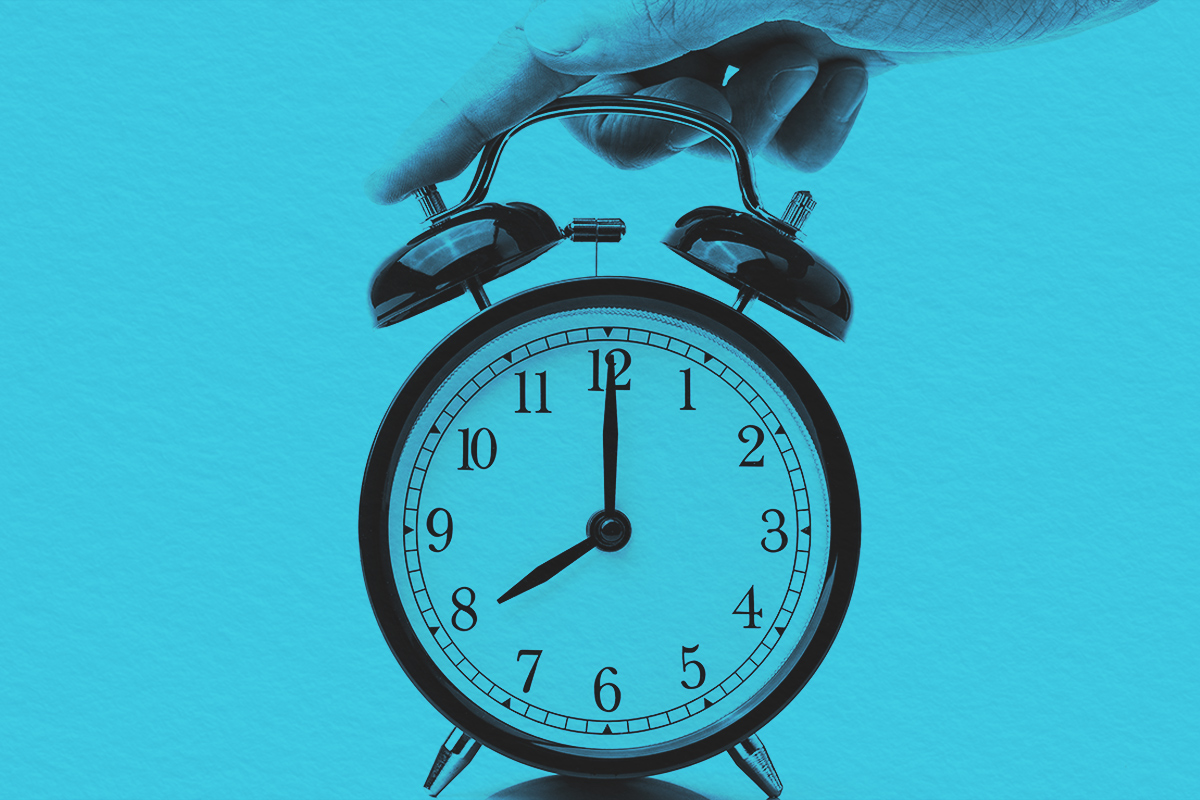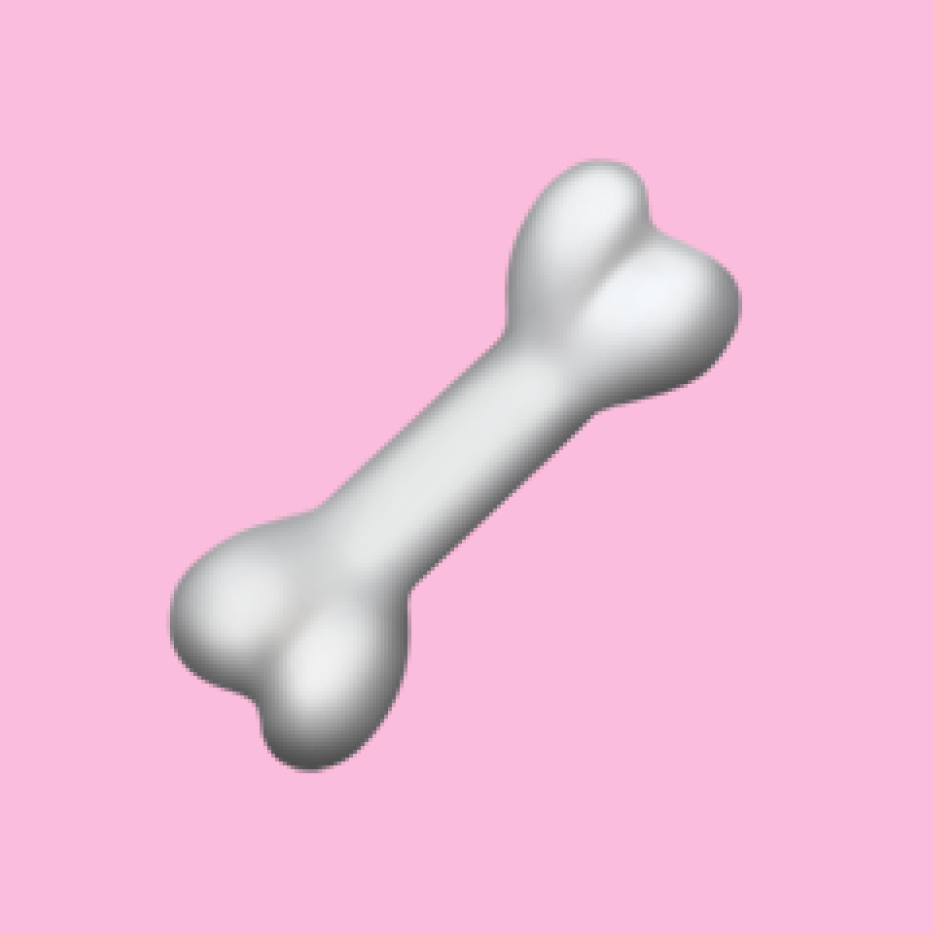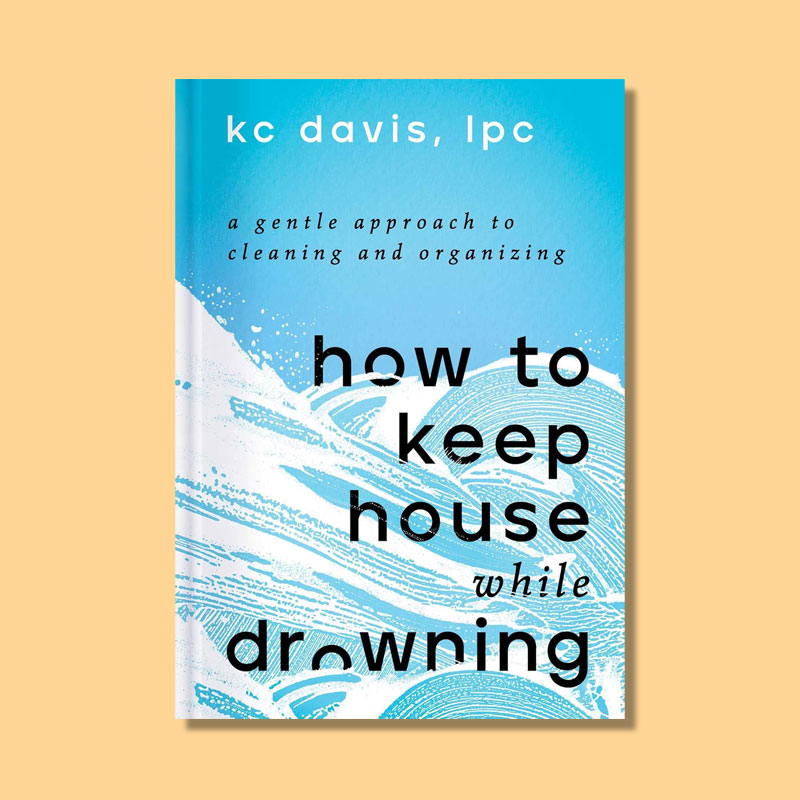Why do we say "o'clock"? | | From sundials to mechanical clocks, a simple phrase reveals centuries of time-keeping history. | |  | Bennett Kleinman |
|
| |  | | "O 'Clock" sounds like the surname of an Irish family whose quirk is being punctual. (Actually, that's not a bad idea for an animated children's TV series.) But back to the topic at hand — if someone says something is "happening at 5 o'clock," it's understood that it's either at sunrise or happy hour. The term "o'clock" is an adverb that always follows a numeral to indicate the time of day. It's almost exclusively a whole number, as you'd never say, "it's one-thirty o'clock" — that just sounds odd.
"O'clock" is a shortening of the phrase "of the clock," which itself comes from the Middle English "of the clokke." Mechanical clocks, with faces and automatic hand movements, originated in the late 14th century in Europe. These clocks replaced traditional light-based timekeeping methods (sundials) that had been used for centuries. When someone said "of the clokke," it referred to the position of the mechanical hands on the clock's face. As modern English evolved, the term shortened to "o'clock" around 1720. While many modern timekeeping devices lack a traditional clock face, it's still standard to say "o'clock" as if you were imagining one.
The word "clock" didn't exist prior to the 14th century. Instead, timekeeping devices were called daegmael — the Old English word for sundials and other similar devices. As new mechanical timekeeping devices were invented, the term "clock" was coined. Many early clocks had a chime or gong to mark certain times, and "clock" developed from the French word cloche, meaning "bell." |
| | Continue reading | |  |
| |
| | Advertisers help keep Word Smarts free | |
Emoji Decoded | |  | | Bone | | | Meaning: Represents a generic white bone.
Evolution: While introduced primarily for anatomical or pet contexts, Gen Z often uses the 🦴 metaphorically to indicate being "boned" (in trouble) or to express extreme hunger. It's often paired with the Skull 💀 for emphasis.
Usage: [Instagram story about being hungry:] stuck in traffic and missed lunch, absolutely 🦴 rn
[Group chat about getting caught:] teacher saw me using my phone during the test 💀🦴 |
|
 | | Bone | | | Meaning: Represents a generic white bone.
Evolution: While introduced primarily for anatomical or pet contexts, Gen Z often uses the 🦴 metaphorically to indicate being "boned" (in trouble) or to express extreme hunger. It's often paired with the Skull 💀 for emphasis.
Usage: [Instagram story about being hungry:] stuck in traffic and missed lunch, absolutely 🦴 rn
[Group chat about getting caught:] teacher saw me using my phone during the test 💀🦴 |
|
| |
Have you read? | |  | | How To Keep House While Drowning | | By K.C. Davis | | I want to send a copy of this to every one of my friends (and I already have to several). Davis is a social-media-famous therapist who has put her advice for tackling the daunting daily tasks of being a human, one step at a time, into this digestible volume. At a minimum, follow her five-step approach for quickly tidying a room. Address these issues one at a time and in this order: trash, dishes, laundry, things that have a place, and things that don't have a place. | | | | Jennifer A. Freeman, Word Smarts Senior Editor | | | | We independently evaluate all recommended products and services. If you click on links we provide, we may receive compensation. |
|
 | | How To Keep House While Drowning | | By K.C. Davis | | I want to send a copy of this to every one of my friends (and I already have to several). Davis is a social-media-famous therapist who has put her advice for tackling the daunting daily tasks of being a human, one step at a time, into this digestible volume. At a minimum, follow her five-step approach for quickly tidying a room. Address these issues one at a time and in this order: trash, dishes, laundry, things that have a place, and things that don't have a place. | | | | Jennifer A. Freeman, Word Smarts Senior Editor | | | | We independently evaluate all recommended products and services. If you click on links we provide, we may receive compensation. |
|
| |
| | Advertisers help keep Word Smarts free | |
|
![]()
![]()
![]()
![]()
0 Comments:
Post a Comment
<< Home